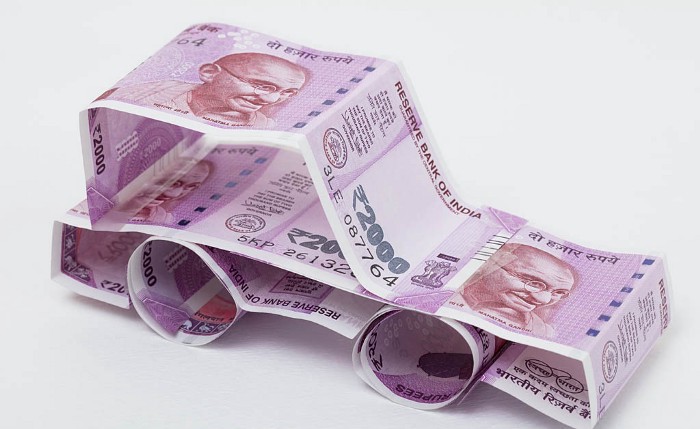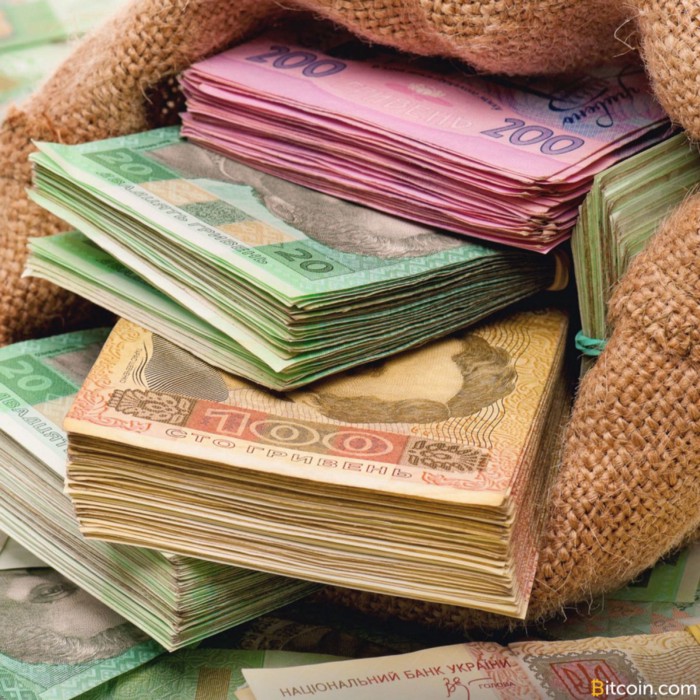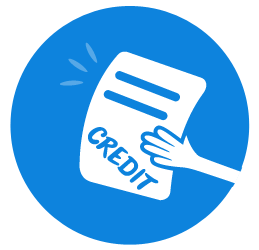How to improve your financial health with credit cards — Living Paycheck-To-Paycheck

If your financial health is In critical condition, one way to get out of your slump Is to apply for new credit cards and build credit The average American household has over $10,000 In credit card debt, and nationwide the consumer debt is over $2.4 trillion dollars as of July, 2017.
Who Gets Denied?
If you get denied for credit, don’t fret, as you are in good company. According to the website ArthaMoney, 10% of people between 25 and 34 years old were denied credit over a six month period. When you break that down to real numbers 6 million people are denied credit every year. Though it may sound strange, getting more credit can help you build credit. Here Is some of the best information available on applying for credit, rewards you may get and pitfalls to watch out for as you go through the process.
Don’t negotiate a better payback rate on your credit card
Focusing on how not to get out of debt can drum home what you’re doing wrong. If you want to pay off your credit cards and loans fast, take the advice.
Borrow more money
When in debt, smart people figure out how to earn more money, plodders work out how to save dimes, and fools borrow even more money; which we you? Borrowing only world if you get a loan on with you pay less interest than you currently do on debt. You can then use the money from the second loan to pay off the first at a lower rate. On other occasions, asking for more funds Is crazy.
Keep spending on your credit card
People often don’t stop using credit when they are already in debt. Some manage to pay off the debt on a card and repeat the same mistake by borrowing on it again too. Does the cap fit? If so, you don’t stand a good chance of becoming solvent.

From building credit and making travel easier to convenience in the face of emergency, holding a credit card comes with many advantages. If you have the financial discipline to control your spending and budget wisely, you can enjoy all the good things credit cards have to offer, things like free airline miles and gift cards, without the negatives, such as high-interest rates and high levels of debt.
As with so many financial decisions, the key to making your first credit card work for you and not against you comes down to preparation. Applying for your first credit card is not something to be taken lightly, and it is not something to rush into. Before you sign that from and take possession of that piece of plastic, you need to do these five things first.
Pull a copy of your credit report and credit score. Even if you have no credit history to speak of, it is a good idea to review your credit file. Checking your credit report now will give you a baseline you can build on, and knowing your initial score will help you seethe impact responsible credit card use can have. Set a budget. If you have not yet established a household budget, now is the time to do so.

Saving Money — Living Paycheck-To-Paycheck
Living from paycheck to paycheck until you finally have enough money is a real hassle. Unfortunately, this is the gloomy reality of over three-fourths of Indian, according to a survey from ArthaMoney. This means that very few Americans have a savings for emergency situations and therefore have nothing to fall back on when times get rough. Imagine what would happen if you had to deal with a sudden financial crisis such as a rent hike, expensive bills, overdraft fees, or car repair costs. Would you be able to survive with what you have? If not, it’s time to reconsider how you are spending and saving your money. Here are some tips for those who live from paycheck to paycheck.
Create a budget.
This might seem like an incredibly obvious answer, but a Gallup poll shows that two-thirds of Americans do not keep a budget of household finances. Start by tracking what you spend on everything and by estimating how much you want to spend. For example, your monthly rent shouldn’t exceed one-third of your monthly paycheck. You should also plan out how much you spend on groceries, transportation, and other important things. This will give you a sense of control over your financial situation and really help you map out how much you’re spending on what items.

Use cash, not credit.
One way to feel like you have more control over your finances is by paying with cash rather than credit cards and debit cards. The trick is that money is much eager to keep track of when it’s physically in your hands. It’s easy to lose track of how much money you are spending when you use a card, but quite easy to know when you are paying with dollar bills. You can withdraw a certain amount of money at the beginning of each week to ensure that you don’t spend more than that amount. This way, you will have a very easy way to tell how much you have spent and how much you have left.
Dine in.
Eat at home as much as you possibly can. Eating out, even at fast food restaurants, can be quite expensive. Even a $io sandwich at a restaurant can appear quite expensive when you realize that the same thing can be made at home for a fraction of that price. Stock up on groceries at your local supermarket and prepare food beforehand. If you’re going out for the night, pack some dinner to bring with you later on. This will help you resist the temptation of spending unnecessary money when you’re hungry.
 Need help with Digital Marketing? Try KEYSOME
Need help with Digital Marketing? Try KEYSOME
